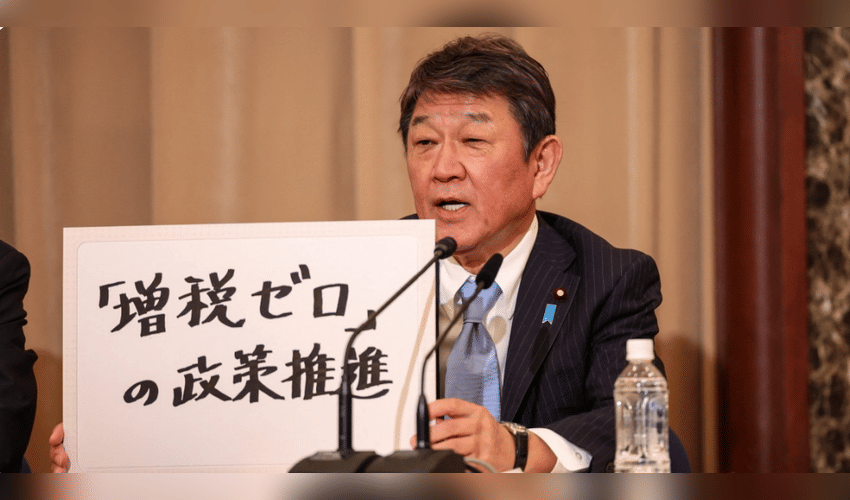Asia In News
Japanese politicians announce leadership campaigns following the prime minister's resignation, while the yen declines.

Former Foreign Minister Toshimitsu Motegi became the first ruling party lawmaker to declare his candidacy to replace outgoing Japanese Prime Minister Shigeru Ishiba on Monday (Sept 8), as financial markets reacted sharply to the political uncertainty. Ishiba resigned on Sunday, taking responsibility for his coalition’s losses in both houses of parliament amid voter frustration over rising living costs. He instructed the Liberal Democratic Party (LDP), which has dominated Japan’s post-war politics, to hold an emergency leadership election, scheduled for October 4, according to an LDP source.
Following Ishiba’s resignation, Japan’s yen fell while stock prices rose, as investors speculated that potential successors, including fiscal conservative Sanae Takaichi, might increase government spending in the highly indebted economy. Motegi, 69, said Monday that the LDP faces its “worst crisis since its founding” and emphasized the need for unity to tackle domestic and international challenges. Chief Cabinet Secretary Yoshimasa Hayashi also plans to run, according to a government source.
However, the leading candidates are expected to be Takaichi and Shinjiro Koizumi, son of former Prime Minister Junichiro Koizumi, who previously served as Ishiba’s agriculture minister. Takaichi, 64, could become Japan’s first female leader, while Koizumi, 44, could be the youngest modern-era prime minister. Both have yet to formally announce their campaigns but finished second and third in the last leadership race in September 2024.
Experts predict the contest will likely come down to a Takaichi–Koizumi showdown. For investors and Japan’s foreign relations, Takaichi’s potential leadership is particularly significant. She has opposed Bank of Japan interest rate hikes and advocated increased government spending to support the fragile economy. Market expectations for a BOJ rate hike by October have fallen to around 20%, down from 46% a week earlier.
Takaichi, known for her nationalistic and conservative stances—including revising Japan’s pacifist constitution and visiting the Yasukuni shrine—could draw scrutiny from China. Earlier this year, she also visited Taiwan, suggesting a “quasi-security alliance” with Japan and other partners, which could heighten tensions with Beijing. “China might adopt a more hostile stance toward Japan because she presents herself as a hawk regarding China,” said Jeffrey Hall, a Japanese studies lecturer at Kanda University of International Studies.



